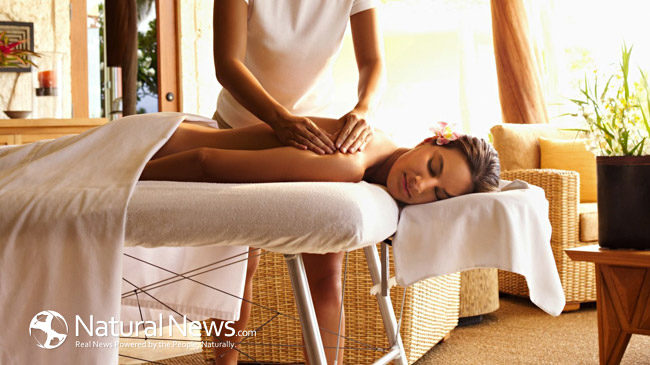Anyone who is stressed knows how infuriating it is to be told to ‘relax’. Be it from ominous work anxieties or emotional strain, we’ve all experienced stress in some way, shape or form. And, at some point, we’ve all told others we see suffering from it to ‘relax’, too.
As condescending as it sounds at the time, genuinely feeling relaxed is a sure-fire way to manage stress. Only, it’s nowhere near that easy: you can’t force yourself into feeling tranquil and serene, and when you’re that worked up, feeling guilty for not being able to relax can actually make you feel worse.
Stress is your body’s physical reaction when you feel you’re in danger. When this happens, your heart pounds paster, your blood pressure increases, your senses become sharper and your muscles become tight. Your body is in survival mode: ready to spring into action, and releases a flood of hormones including adrenaline and cortisol.
In short doses, stress can be a good thing to get you into gear or sense urgency and act accordingly. But in larger and more unreasonable doses, stress can bring on a range of negative effects including aches and pains, chest pain, frequent colds, reduced appetite, emotional withdrawal, feelings of loneliness and isolation and nausea. Many of these symptoms can also lead to wider, much more pronounced health issues.
On average, a British person was found to experience 14 different bouts of stress per day, with the first typically hitting before you even get out of bed. A new report by the OECD has named British workplace conditions as “detrimental to mental health,” with the amount of people unable to work due to mental health problems higher than in any other country in the world. So how to even begin in managing mounting levels of stress and anxiety? In a word: massage.
With more people than ever needing to de-stress, the nation’s massage and relaxation industry has indeed risen to the occasion. Massage has been the most popular antidote to stresses commonly felt from Britain’s high-stress, long work-hours culture, as well as busy home lives and increasing costs of living. It is also considered one of the fastest growing treatments in healthcare, beauty therapy and sports therapy. And, interestingly, interest in actually taking massage courses has spiked substantially in the last year, too. To boot, a 2010 study also found the massage may increase in amount of white blood cells in our bodies.
Whilst massage cannot hope to completely fix and account for all your stresses and other health problems, the relaxed mindset it encourages is always a step in the right direction. Not to mention the physical improvements you’ll feel from improved circulation and looser muscles.
As well as improving circulation and loosening up your tight muscles, massage forces you into a relaxed frame of mind. Once removed from the urgent, narrow sense of consequence wrought by stress, you’re subconsciously teaching yourself that it’s possible to exist in a way that’s removed from all that fear and anxiety. You’re showing yourself that yes; it is possible to function without being stressed. And once you’ve been awarded this perspective, you can take steps in learning how to manage your stress levels on a day-to-day basis.
The holistic focus massage takes on relaxation and mental health as tied to physical symptoms of stress is a great thing for health culture. If you’re feeling sore and lethargic, it might be because you’re experiencing anxiety rather than getting a cold, and would be better served by having a night in with some tea and films rather then rushing out to buy a spate of cold and flu tablets. This same idea also works to counter the acidic pulls of high-stress work culture, and mounting pressures to juggle multiple responsibilities across all areas of your life because ‘that’s just what needs to be done’. These impacts upon collective mental health and modern life culture can only be a good thing.
A wider, broader approach to healing encouraged by massage therapy takes the complex and intricate workings of the mind into account, and prompts recovery by working to make you feel safe and in control within your own mind first. Sometimes feeling better is far too great a task for your reasoning skills to tackle alone. Sometimes, you need someone telling you to ‘relax’, and then carrying on to help you really do so.





